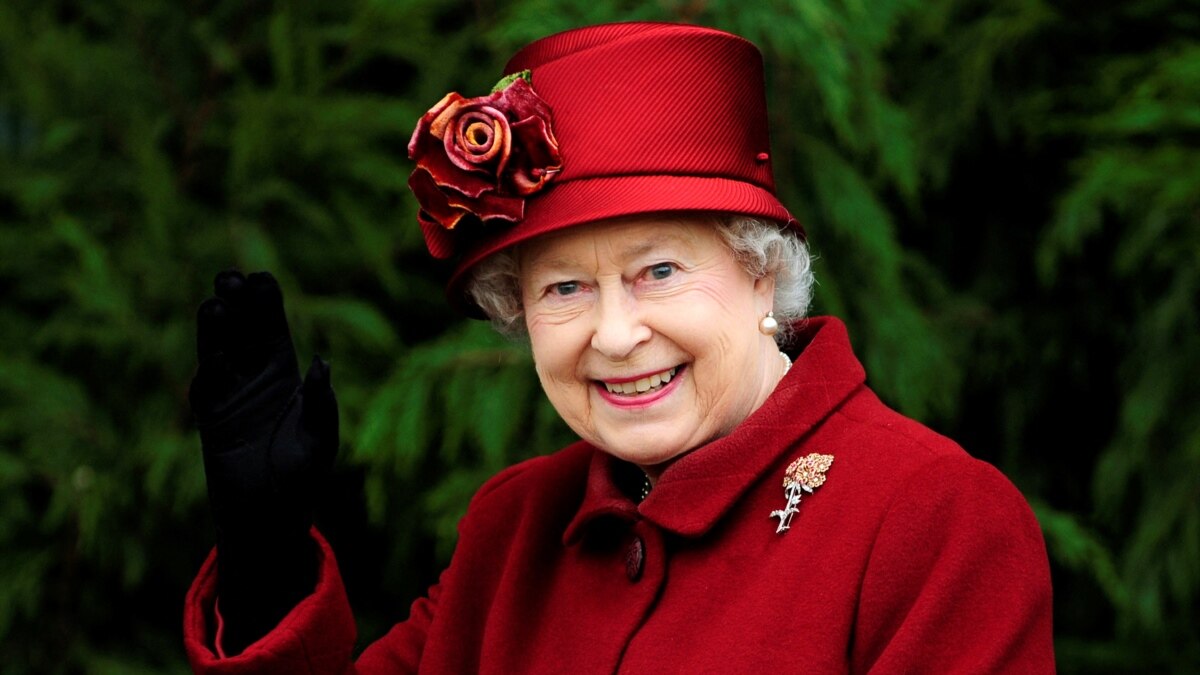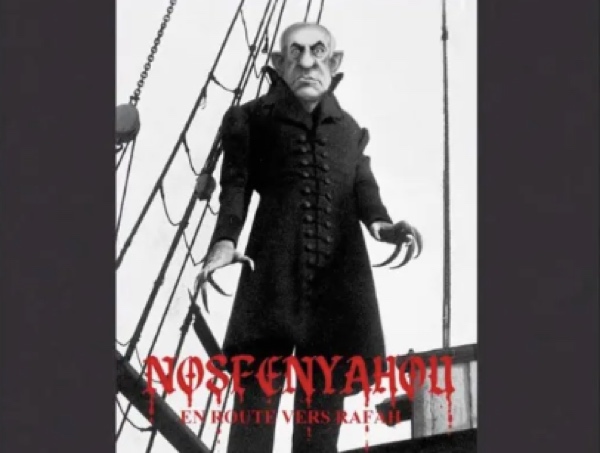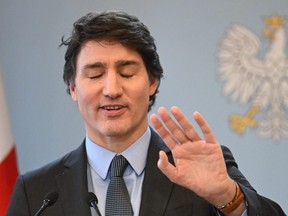Canadians felt very close to Queen Elizabeth II until the end of her life. However, their relationship with the UK has become increasingly strained, to the point that observers believe the Queen’s death on Thursday (8/9) will reignite the debate over the future of the monarchy in Canada.
“Canada is an exceptional monarchy in the middle of a continent that tends to be republican,” said March Chevrier, senior lecturer in politics at the University of Quebec in Montreal.
In the coming weeks, after the end of the mourning period, “the debate will come back to the fore, Pandora’s contacts will open up”, he added.
The King of England is Canada’s head of state, but his role is largely ceremonial, even more ceremonial than in England. In Canada, the monarchy is represented by a Governor General, who is appointed by the Prime Minister.
Prime Minister Justin Trudeau has praised Elizabeth’s government. He noted that Elizabeth had been “queen for almost half the age of Canada” and announced a ten-day period of mourning.
Flags were lowered across the country and a national memorial service was planned for the capital Ottawa on the same day as his funeral in London.
But when it comes to greatness, the country has become increasingly ambivalent towards the monarchy.
“Even in Canada, an English-speaking country, support for the monarchy is decreasing year by year,” said Philippe Lagasse, a professor at Carleton University in Ottawa and an expert on the role of the monarchy in Canada.
According to a poll last April, a small majority of Canadians – rising to 71% in the French-speaking province of Quebec – even want to renounce the monarchy, whose role is now largely ceremonial.
Sixty-seven percent said they opposed Charles becoming King of England. His visit to Canada last May went almost unnoticed.
To follow in the footsteps of Barbados, which voted in 2021 to secede from the United Kingdom and become a republic, Canada will need to undertake major reforms to its constitutional laws and institutions.
A founding principle of Canada in 1867 states: “The Kingdom is the basis of all constitutional laws,” explained Chevrier. For example, he notes that “the office of prime minister is not even enshrined in the Canadian constitution, which only mentions a monarchy”.
Changing the constitution and abolishing the monarchy would require titanic effort and possibly years of political negotiations, as it would require the unanimous approval of Parliament as well as the governments of Canada’s ten provinces.
Such a debate is likely to intensify in a country that is increasingly divided politically.
Then any royal symbolism could be targeted in a bid to further remove ties to the British monarchy, Lagasse said.
Among the targets were coins and Canadian $20 bills bearing the face of Queen Elizabeth II.
Certain protocols must also be modified, in particular the oath of citizenship. New Canadian citizens are required to take an oath of “loyalty to Her Majesty Queen Elizabeth II, Queen of Canada, to her heirs and successors”.
The oath was unsuccessfully challenged in court in 2014 by three immigrants who argued the oath violated their religious beliefs and conscience.
For Canada’s increasingly diverse and multicultural population, which also reflects on its colonial history, the relationship to the British Empire seems increasingly irrelevant. [rd/ah]

“Thinker. Hardcore web aficionado. Zombie evangelist. Pop culture trailblazer. Student. Passionate twitter maven.”







